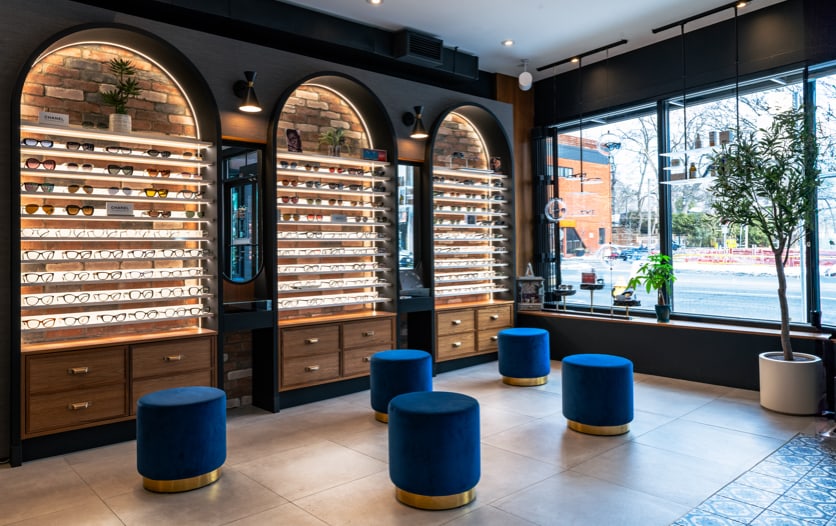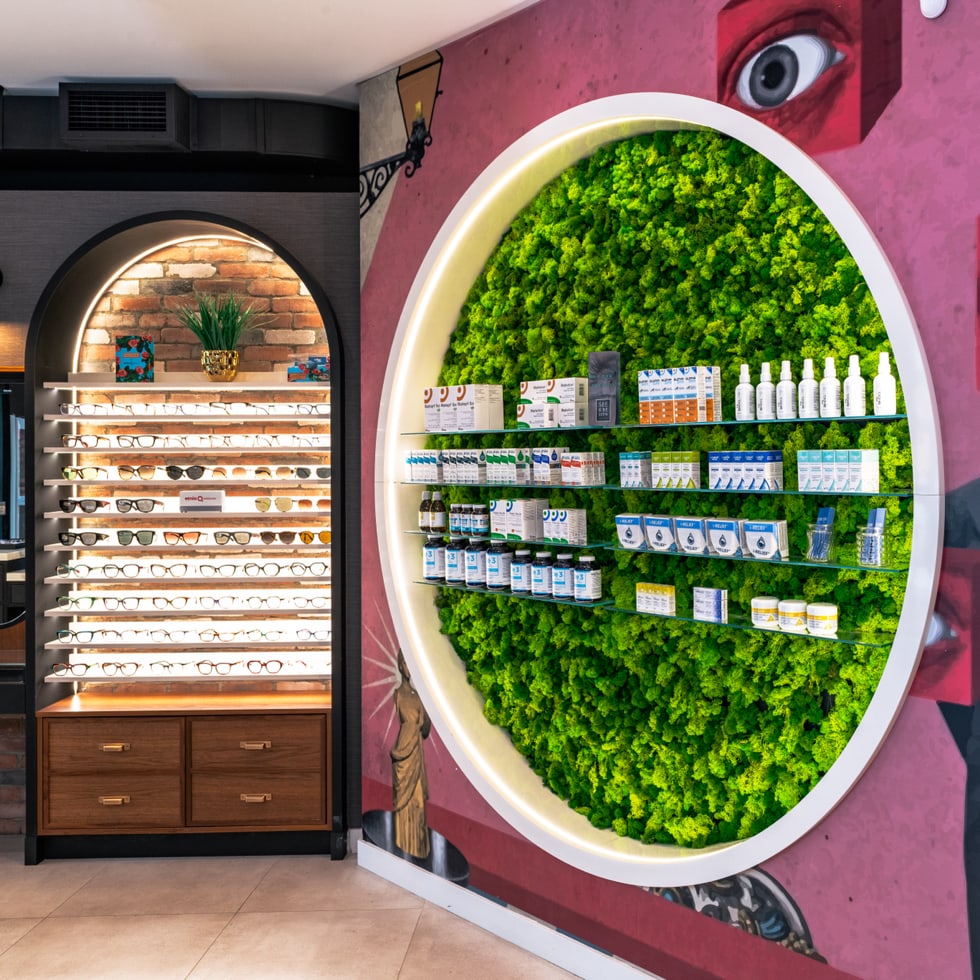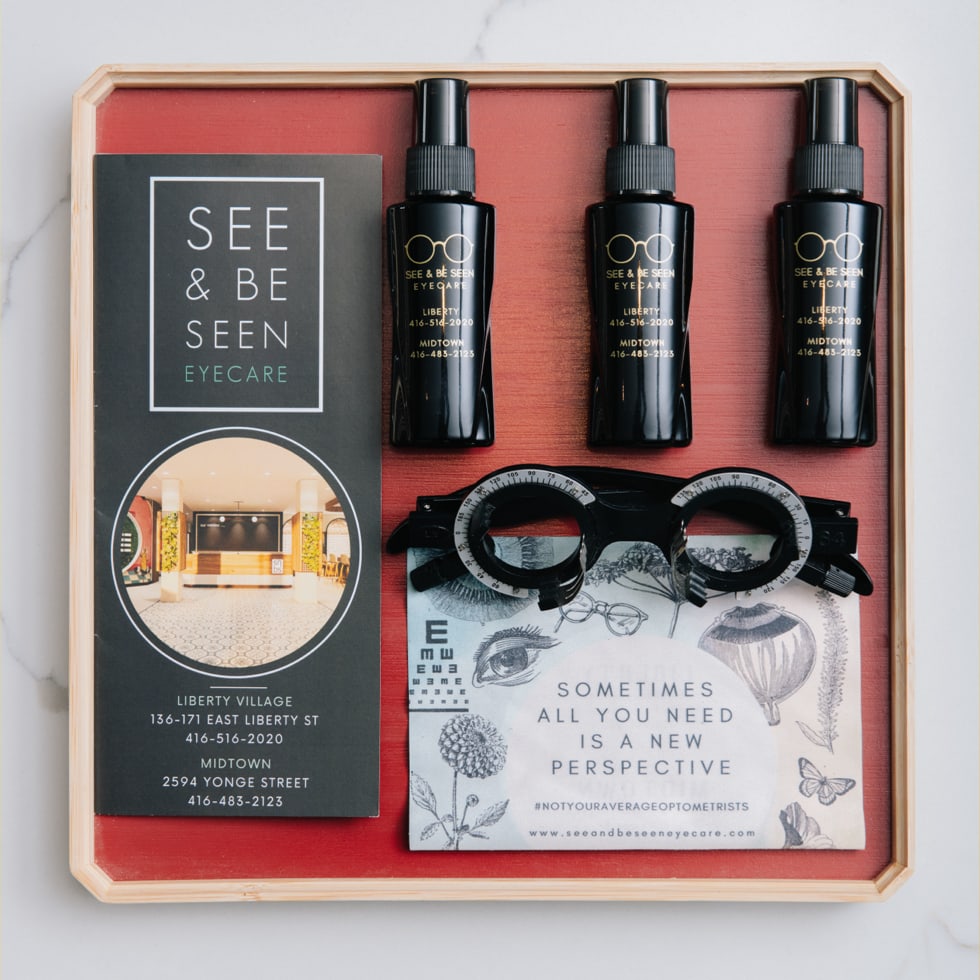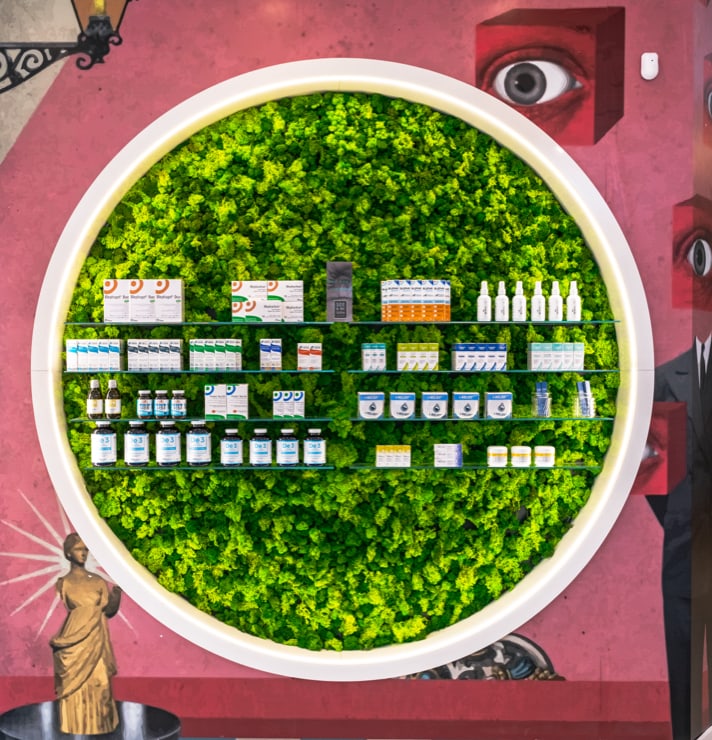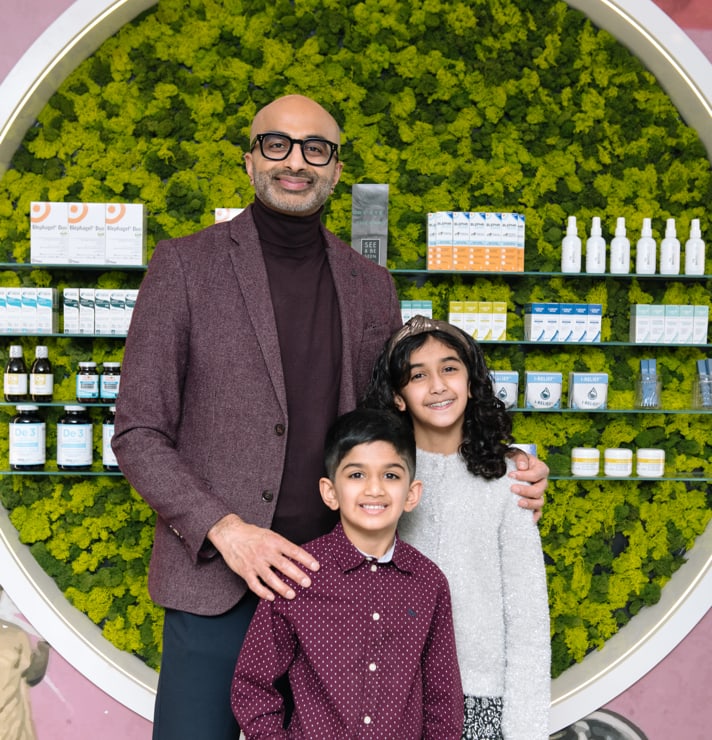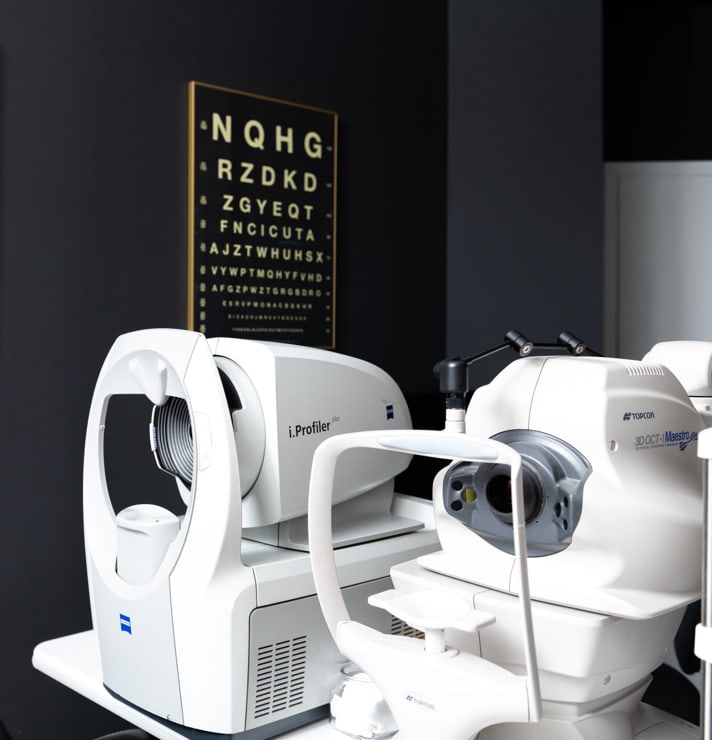When we think of gut health, we often associate it with digestive problems or immune disorders. However, recent research has shown that the health of our gut can also have a significant impact on other areas of our body, including our eyes.
Dry eye is a common condition that occurs when tears are unable to provide adequate moisture and lubrication for the eyes. While several factors, such as aging and environmental factors, can contribute to dry eyes, studies have also found a strong link between gut health and this uncomfortable eye condition.
How Gut Health Affects Dry Eyes
Our gut is home to trillions of bacteria that, together, are referred to as a microbiome. This complex ecosystem plays a crucial role in maintaining our overall health by aiding in digestion, supporting the immune system, and influencing various bodily functions.
When the balance of bacteria in the gut is disrupted, this can lead to a condition known as dysbiosis. Dysbiois has been linked to a variety of health issues, including dry eyes.
One of the ways dysbiosis effects dry eyes is through its impact on inflammation. Inflammation is a natural response by our body’s immune system to fight off infection or injury. However, when there is an overproduction of inflammatory cells due to dysbiosis, it can cause chronic inflammation in different parts of the body, including the eyes. This persistent inflammation can damage the tear glands and reduce tear production, leading to dry eyes.
Dysbiosis can also affect the absorption of essential nutrients that are crucial for eye health. For example, Vitamin A is necessary for maintaining the surface of the eye and producing tears. If the gut isn’t functioning properly, it can inhibit the absorption of this vital nutrient, leading to dry eyes.
Improving Gut Health for Better Eye Health
Now that we understand how gut health affects dry eyes, let’s explore ways to improve our gut health to prevent or alleviate this condition.
- Probiotics: Probiotics are live microorganisms found in fermented foods such as yogurt, kimchi, sauerkraut, and kefir. Known for promoting healthy gut microbiota by reducing inflammation and supporting immune function, probiotics can help restore the balance of good bacteria in the gut and may have a significant impact on dry eye disease treatment.
- Prebiotics: Prebiotics are dietary fibers that serve as food for probiotics, helping them thrive in the gut. Foods like garlic, onions, bananas, and asparagus are rich sources of prebiotics. Interestingly, improving gut health through prebiotics may also have a positive impact on dry eyes, as a balanced gut microbiome can influence overall hydration and inflammation in the body, potentially alleviating symptoms of dryness in the eyes.
- Fiber-rich foods: A high-fiber diet not only supports a healthy gut microbiome, but can also improve overall hydration, which is essential for eye moisture. Whole grains, fruits, vegetables, and legumes are all great sources of fiber.
- Avoid processed foods: Processed foods can disrupt the balance of beneficial bacteria in the gut and lead to inflammation, which may worsen dry eye symptoms. Limiting these foods can help maintain both gut and eye health.
- Stay hydrated: Drinking enough water is crucial for digestion, and helps keep your eyes lubricated. Aim for 8-10 glasses of water per day to support both gut and eye health.
- Manage stress: Stress negatively impacts gut health and can lead to dry eyes due to increased inflammation. Techniques like meditation, yoga, or deep breathing can help manage stress and improve both gut and eye health.
- Consult with a healthcare professional: If you’re facing chronic dry eyes or other gut-related symptoms, it’s important to seek advice from a healthcare professional who can provide personalized recommendations to improve both gut and eye health.
- Be patient: Improving gut health and alleviating dry eyes takes time. Everyone’s journey is different, so be patient with yourself and make gradual changes to your diet and lifestyle for long-term results.
Professional Treatment for Dry Eyes
If you have been diagnosed with chronic dry eyes or are experiencing severe symptoms, there are several professional treatment options available. These include:
- Eye drops: Artificial tears and lubricating eye drops can provide temporary relief for dry eyes. These products work by supplementing the natural tears in your eyes and providing moisture.
- Prescription medication: In some cases, your doctor may prescribe medications such as cyclosporine (Restasis) or lifitegrast (Xiidra) to help reduce inflammation in the eye and promote tear production.
- Punctal plugs: Punctal plugs are tiny devices placed in the tear ducts that block drainage, helping to keep more moisture on the surface of the eye.
- LipiFlow: This procedure uses heat and pressure to unclog blocked oil glands in the eyelids, allowing for improved tear production.
- Intense pulsed light therapy: This treatment uses bursts of light energy on the eyelids to stimulate the production of natural oils, reducing dryness in the eyes.
Personalized Solutions for Chronic Dry Eyes at Seen & Be Seen Eye Care
Taking care of your overall health is key to maintaining healthy eyes. By making dietary and lifestyle changes and seeking professional treatment when necessary, you can improve both your gut health and alleviate dry eye symptoms.
It’s essential to consult with a healthcare professional before starting any professional treatment option for dry eyes. They can assess your specific case and recommend the best course of action for you.
At Seen & Be Seen Eye Care, we offer thorough evaluations and personalized treatment plans for those dealing with chronic dry eyes. Our team is dedicated to helping our patients find relief and improve their overall eye health. Don’t let dry eyes go untreated – schedule an appointment with us today.





